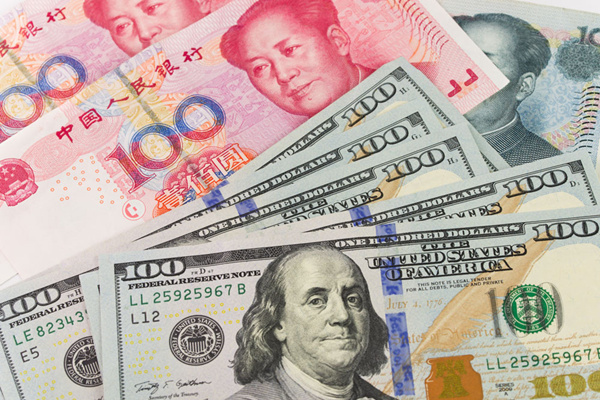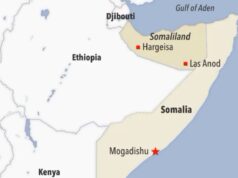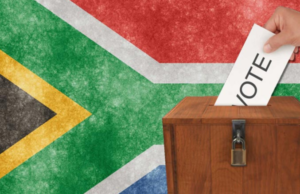
Is Yuan –Chinese money –is out to replace US dollar as the major reserve currency? Monetarists are not shrugging off the idea as a wishful thinking of China, which made big in the world business in the recent years and is giving the Greenbuck a run for its value. The US recent proxy war dubbed as trade war is not aimed at Europe, Mexico, Canada, Russia or India. It is a war against China’s recent consolidation not necessarily in the trade front but in expanding horizons of technology, finance and what have you. Trade is an immediate attributable reason since any overt or covert move on the part of the US will trigger a spate of reports and reactions that may affect the international appeal of dollar. Indeed, Uncle Sam is pitted against the dragon in every conceivable sense. China has several advantages in the race including the benefit of a young population.
China is taking a circuitous route to prove its point. Currently, African central bank leaders are discussing the pros and cons including Yuan as part of their foreign reserves. Whatever may be the final outcome, it highlights the importance that they have assigned to the Chinese currency. It also signals the Chinese money’s “rise and rise” as one of the world’s major reserve currencies.
Government officials from 14 African nations in eastern and southern Africa met on May 29 2018 in Harare, the capital city of Zimbabwe to discuss sovereign reserve management. The meeting was held at Macroeconomic and Financial Management Institute of Eastern and Southern Africa (MEFMI), a regional establishment with members including Angola, Kenya, Tanzania, Zambia, and Tanzania. Policymakers debated how to keep pace with shifting global financial architecture where China has risen as a dominant player.
China has played a cool game to upstage the US, EU, Middle East, and Japan in establishing their dominance in Africa, where more than a billion people live. Most countries in Africa, particularly MEFMI region’s countries have loans, grants and other types of financial arrangements with China. For instance, Nigeria has currently gone for a currency swap with China. Chinese money is flowing into Africa in the infrastructure sector, where none of the Western countries have that much exposure. It makes great economic sense for the African countries to build Yuan reserves either to trade or repay the loan. China is also the largest trading partner of over 130 countries, including that of the US, where it has a trade surplus of over US$ 375 billion, a sore point for the US to trigger the trade war. Naturally, the main challenge for African countries is how to benefit from the new pattern of international commerce, where China is the central point.
There is a convergence of many points that has pushed China to the vortex of playing economic diplomacy. Foremost, China has an unending appetite for trade and investment expansion. A strong and internationally accepted currency like the dollar is needed to realize that dream. It is pushing wherever possible its currency and economic superiority, including its one belt one road (OBOR) or economic and investment initiatives even in the developed world.
For Africa, the current interest in the Yuan signifies the growing Sino-Africa relations in wide-ranging areas, such as energy, transportation, agriculture, telecommunications, and infrastructure. At time loans and grants from the developed world are drying out and multilateral organizations like World Bank and IFC are pressing for stringent prudential norms, Chinese money comes with lesser conditions and fewer strings attached. However, on the flip side is Beijing’s tight control of capital flows and lack of transparency in monetary policies. This can continue to dampen global investor confidence in the Yuan. Yet, many countries including European Union are switching over to Yuan as an alternative currency. Another feather in the cap is IMF including Yuan in the list of Special Drawing Rights (SDR), an alternative global asset to the dollar.











